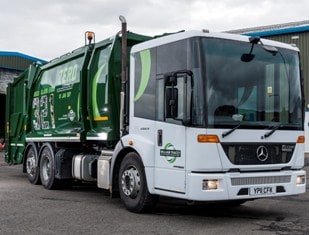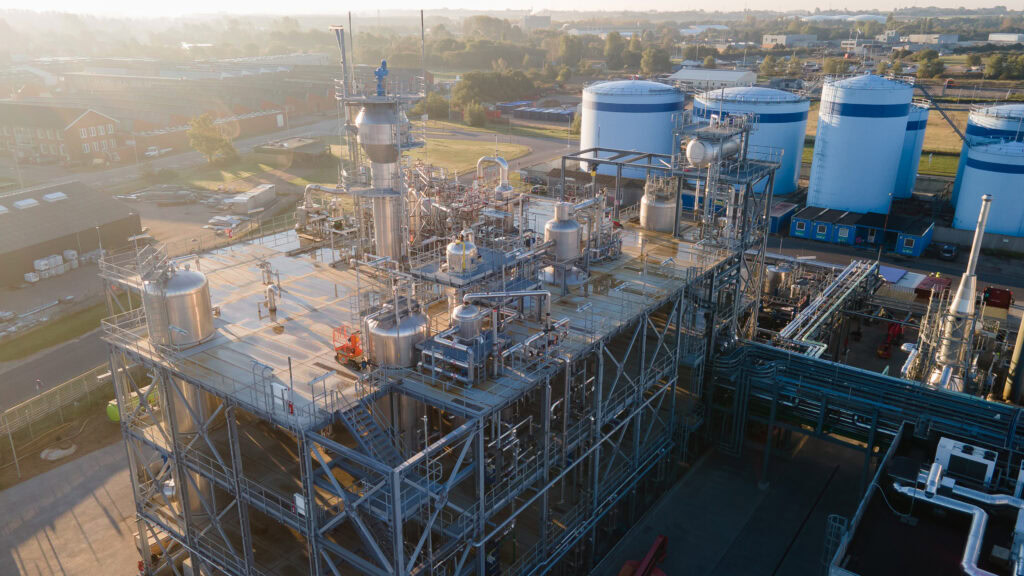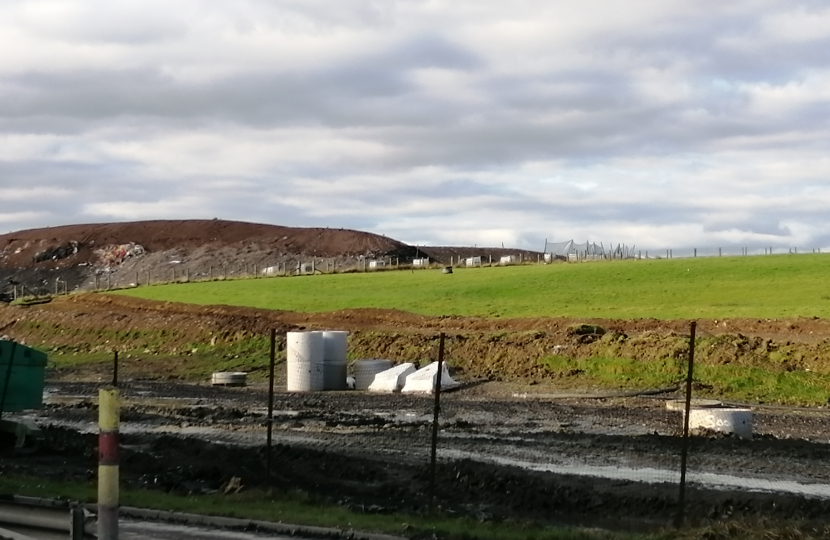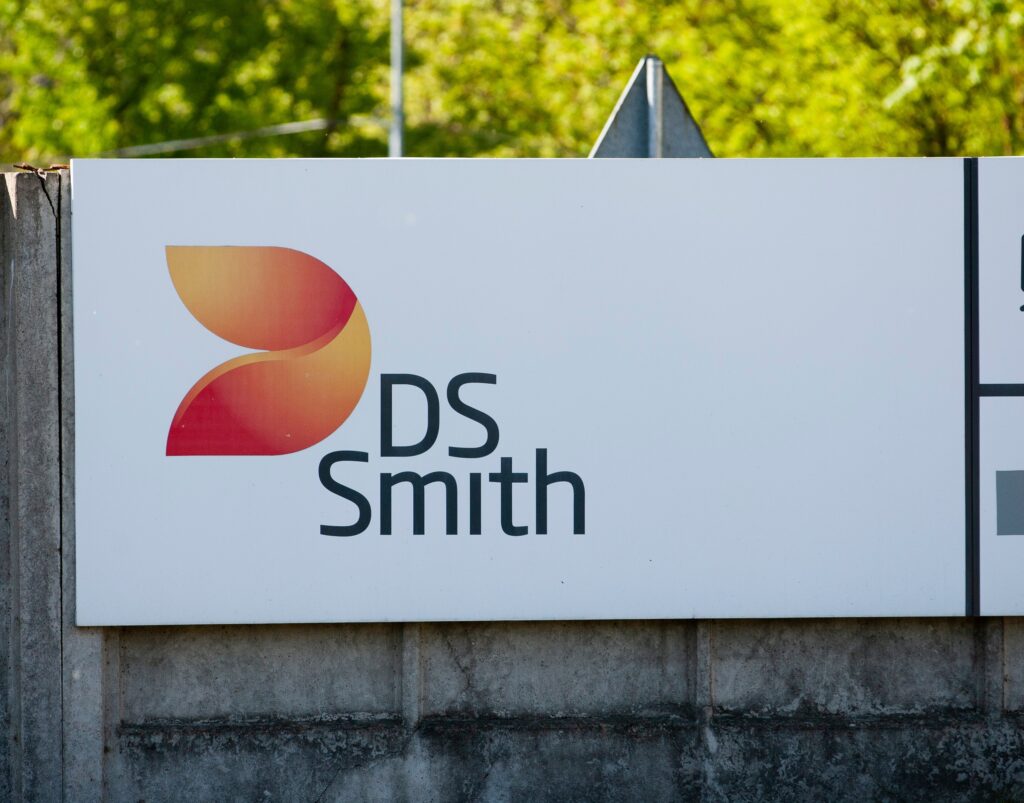Businesses in Scotland are being urged to prepare for new regulations coming into force next year which will fundamentally change the way they are required to manage their waste.
Under the Waste (Scotland) Regulations 2012, which were passed in May 2012, all businesses in Scotland must present metals, plastics, glass, paper and card for separate collection from January 2014.

Meanwhile, food businesses in non-rural areas which produce over 50kg of food waste a week must also present this for separate collection from January 1. This will broaden to include all businesses producing 5kg of food a week from January 2016.
According to Glasgow-based recycling company William Tracey, the fundamental changes mean that it is important for businesses to make preparations early in order to ensure they are compliant. It is encouraging companies to sign up to its recycling service for food, glass and mixed dry recyclables.
Robin Stevenson, managing director of the non-hazardous division at William Tracey, told letsrecycle.com: I would encourage businesses to sign up early. Education is key and it takes a while to get people comfortable with new systems. We are training our drivers and staff and giving our drivers tuition on how to train our customers. Come January if businesses are not segregating waste they could be fined for non compliance under the regulations.
Everyone has to conform to the regulations and if you dont have food you might have glass. It will affect every sector of business in Scotland.
The chief executive of William Tracey, Michael Tracey, is a member of Scotland 2020 Climate Group, which provides leadership to Scottish businesses in reducing carbon emissions. As part of this, Mr Tracey has pledged to meet the requirements of the legislation six months early, by June 2013, and is encouraging William Traceys customers to do likewise.
Training
As well as training drivers and staff, the company has already sent out booklets to each of its customers explaining the regulations and how they might impact upon their business.
And, the firm has invested heavily in containers, plant and new compartmental vehicles to specifically service customers requirements under the regulations. The vehicles have three compartments one each for food waste, glass and mixed dry recyclables.
Mr Stevenson explained that, while there is a derogation in the regulations allowing most dry recyclables to be collected commingled, this is only if the material is still fit for its end market, which is why glass is kept separate. There are currently no MRFs in Scotland which can sort glass and it causes problems for the paper mills, he said.
‘I would encourage businesses to sign up early. Education is key and it takes a while to get people comfortable with new systems.’
Robin Stevenson, William Tracey
The advantage of the compartmental vehicles, according to Mr Stevenson, is that they reduce the number of visits required to city centres: Local authorities have requested that and also the Scottish Government is keen to keep the carbon footprint down. Shop owners are also very sensitive to vehicle movements. It means we wont get lots of vehicles going down the cobbled streets of Edinburgh every thirty minutes.
Awareness
Despite awareness of the changes among many larger organisations, Mr Stevenson said that SMEs are often in the dark about what will be expected of them. And, he said that the food waste provisions in particular will impact upon everyone from offices with canteens to sandwich shops once they are extended to encompass businesses which produce just 5kg of food waste a week from 2016.
He said: In larger businesses where people have dedicated waste and environmental managers there is awareness of the regulations and their requirements but the challenge will be with smaller businesses. People have been recycling paper and card and glass for a while in Scotland but food for instance is a new thing for many.
In order to raise awareness more widely, William Tracey has taken out full page adverts every other month in the Herald Scotland and Scotsman newspapers counting down to the introduction of the regulations. The company will also be holding a free seminar on June 5 for any businesses interested in the changes.
Despite the inevitable challenges, however, William Tracey sees the introduction of the regulations as a big economic opportunity for both its business and for Scotland, as well as beneficial for the environment.
Mr Stevenson said: It is going to be a challenge to roll this out by January but the economic opportunity is significant landfill tax is at 72 a tonne now and if people segregate more they will save money, and it also will generate much-needed jobs. It will fundamentally change the way waste is managed in Scotland.
He adds that England could learn something from the Scottish Government in terms of its ambition: Maybe the English government needs to look over the border and see how well we are doing. The Scottish Government has set a 70% recycling target for 2025 and I think with the Waste Regulations we will get there.
William Tracey is mainly focused on commercial and industrial waste and recycling and has four depots at Linwood in Glasgow (HQ), Irvine in Ayrshire, Edinburgh and Glenrothes.











Subscribe for free